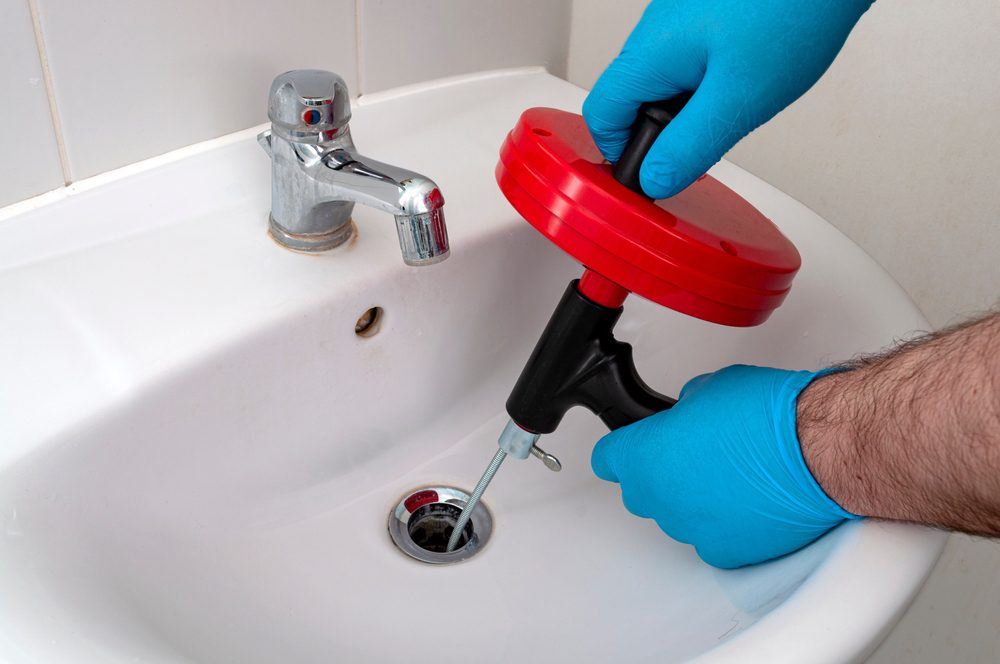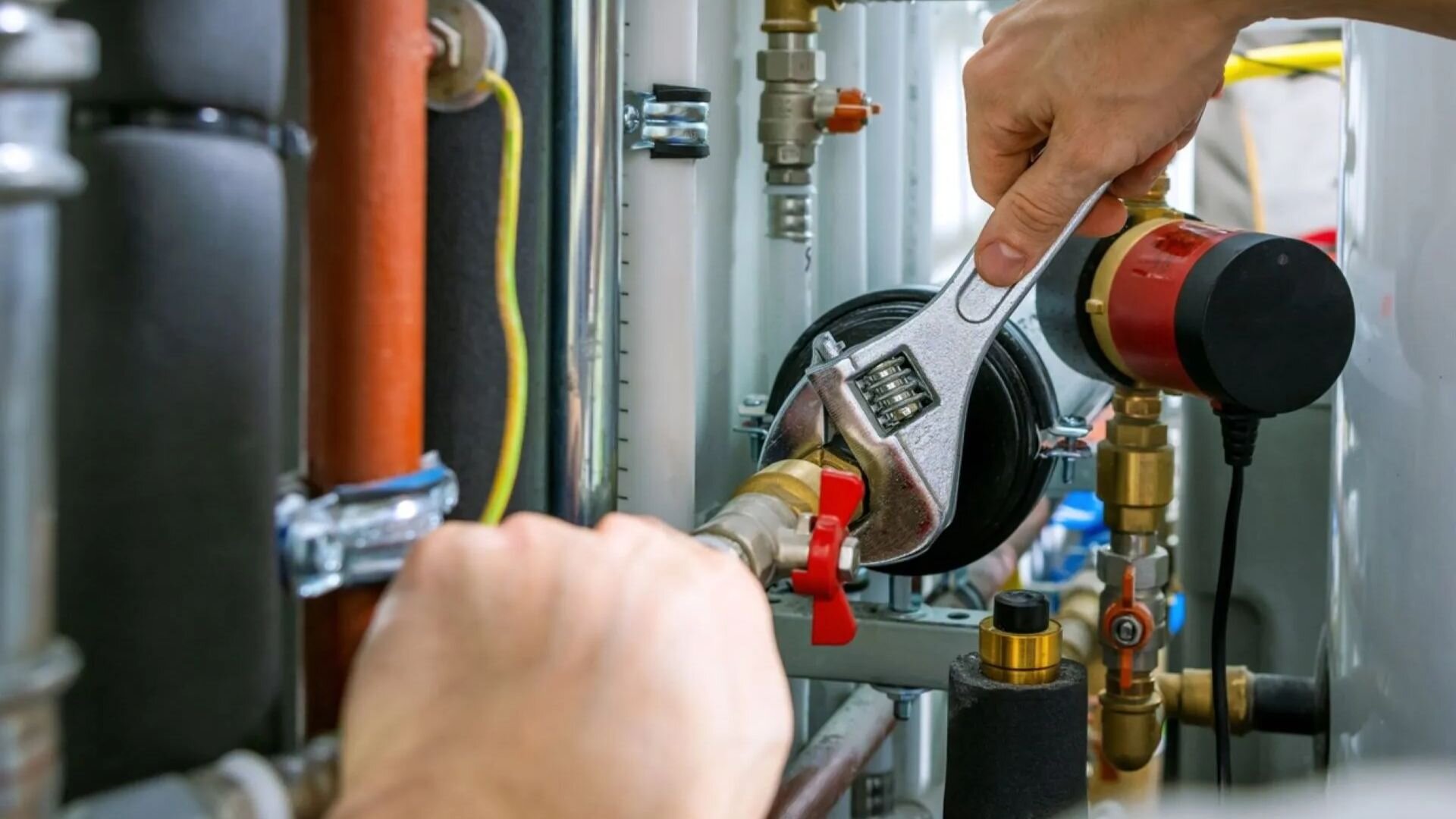New Homeowners: Ways to Handle Bathroom Plumbing
New Homeowners: Ways to Handle Bathroom Plumbing
Blog Article
What are your thoughts about Smart Plumbing Tips for New Homeowners?

For new property owners, understanding and maintaining bathroom pipes can save both money and time by protecting against expensive issues down the line. Below are some crucial shower room plumbing pointers to assist you maintain whatever running smoothly.
Get Ready For Cold Weather
Protect your pipelines from freezing throughout cold weather by shielding pipes in unheated areas like cellars, attics, and garages. Throughout extreme chilly, let cold water drip from taps offered by subjected pipes to assist protect against freezing.
Arrange Regular Maintenance
Think about organizing annual assessments with a licensed plumbing technician. They can spot problems that you could miss out on, such as hidden leaks or damage on pipes and components. Normal maintenance assists extend the life of your pipes system and can prevent emergencies.
Familiarize Yourself with the Key Shut-Off Shutoff
Knowing where the major water shut-off valve is located in your house is crucial. This allows you to swiftly switch off the water supply in case of major leaks or during pipes emergency situations, preventing comprehensive water damage.
Consistently Check for Leaks
Little leakages can bring about big issues. Consistently inspect under sinks, around commodes, and near pipes fixtures for any signs of leaks. Try to find wetness, small drips, or rust. Catching and fixing leakages early can protect against extra serious damages and conserve water.
Preserve Your Hot Water Heater
Guarantee your hot water heater is readied to an appropriate temperature (normally about 120 levels Fahrenheit) to stop scalding and minimize energy use. Flush the storage tank annually to get rid of debris build-up, which can reduce the efficiency and life expectancy of your heating unit.
Upgrade Your Fixtures
If your home has older fixtures, consider upgrading to more effective designs. Modern bathrooms, showerheads, and taps are created to utilize less water while providing great pressure, which can considerably reduce your water bill and ecological impact.
Beware with Do It Yourself Pipes Fixes
While it's appealing to deal with all home repair work on your own, be cautious with pipes. Some concerns may require professional proficiency, specifically if they involve major water lines or drain repair services. Hiring a professional can occasionally be extra cost-efficient than do it yourself, particularly if it prevents more damages.
Don't Overlook Slow Drains
If your sink or bath tub is draining gradually, it's commonly a sign of an obstruction developing. Addressing this early can protect against a full blockage. Make use of a plunger or a plumbing professional's serpent to clean out particles. Stay clear of making use of chemical drain cleansers as they can damage your pipelines gradually.
Know What Not to Flush
Commodes are not waste disposal unit. Avoid purging anything aside from toilet tissue and human waste. Things like wipes, womanly hygiene items, and cotton swabs need to be thrown away in the trash to stop blockages and sewer back-ups.
Set Up Strainers in Drains
Area strainers in your sink and bath tub drains to catch hair and various other particles before they enter your plumbing system. Cleansing the strainers consistently will help stop buildup and maintain water flowing easily.
Verdict
Understanding and keeping your home's bathroom plumbing can protect against lots of usual issues. By complying with these crucial ideas, you can ensure your washroom continues to be practical and efficient, conserving you time and money over time.
Essential Plumbing Tips for Homeowners: Keep Your Pipes Flowing Smoothly
As a homeowner, understanding the basics of your plumbing system can save you time, money, and a lot of headaches. Plumbing issues can range from minor annoyances like dripping faucets to major problems like burst pipes that cause significant damage. This guide provides essential tips to help you maintain your plumbing system and tackle common issues.
Understanding Your Plumbing System
Supply System: Brings fresh water into your home from a municipal source or a well. Drain-Waste-Vent System: Removes wastewater and vents sewer gases outside. Fixtures and Appliances: Includes sinks, toilets, showers, dishwashers, and washing machines. Basic Maintenance Tips
Regular Inspections: Periodically check for leaks, corrosion, and other signs of wear and tear. Look under sinks, around toilets, and near water heaters. Know Your Main Shut-Off Valve: In case of a major leak, you’ll need to shut off the water quickly. Ensure everyone in your household knows where the main shut-off valve is located. Prevent Frozen Pipes: In cold climates, insulate exposed pipes and let faucets drip during extreme cold to prevent freezing. Use Strainers: Install strainers in sinks and tubs to catch hair, food particles, and other debris that can cause clogs. Common Plumbing Issues and Solutions
Clogged Drains:
Prevention: Avoid pouring grease down the drain and use drain screens to catch debris. DIY Fix: Use a plunger or a plumbing snake to clear minor clogs. For stubborn clogs, a mixture of baking soda and vinegar can sometimes help. Leaky Faucets:
Prevention: Replace washers and seals regularly. DIY Fix: Turn off the water supply, disassemble the faucet, and replace worn parts.

Try Here Report this page